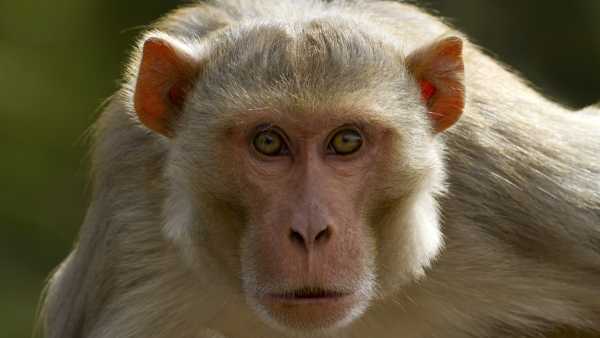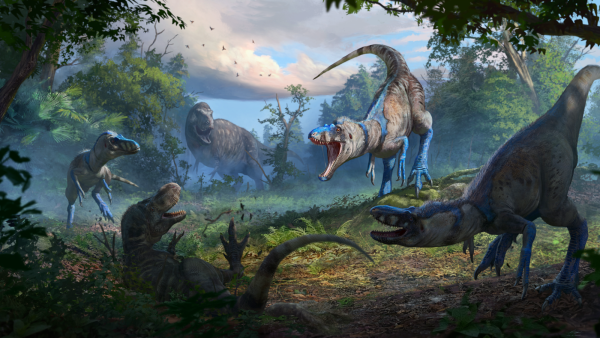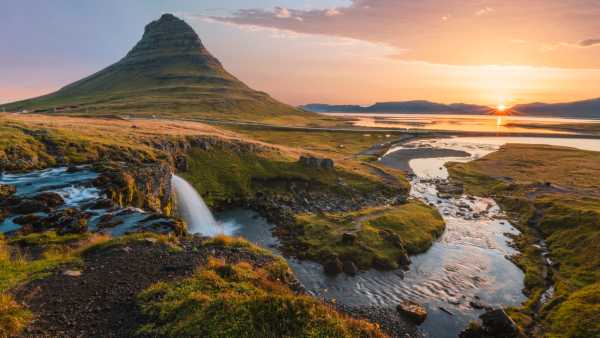
Iceland is the only country on the planet that is completely mosquito-free. (Image: © Marco Bottigelli/Getty Images)
Mosquitoes attack people almost everywhere on the planet. But are there regions free of these blood-sucking insects?
Surprisingly, the answer is yes: Iceland remains the only country without mosquito populations. However, neighboring territories – Norway, Scotland and Greenland – have many species of these insects. (Note that Antarctica is also mosquito-free, but this continent is not recognized as a sovereign state.)
What makes Iceland unique in this regard?
You might be interested
-
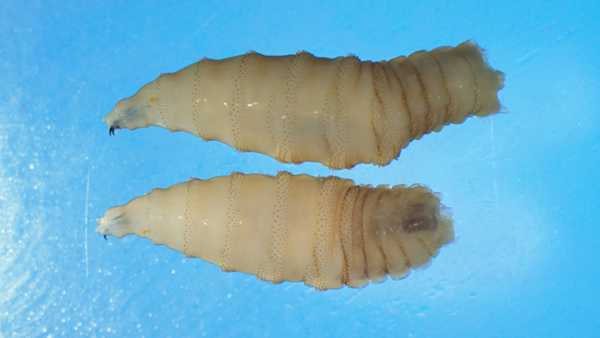
Infestation of parasitic blowfly larvae detected in US for first time in many years
-
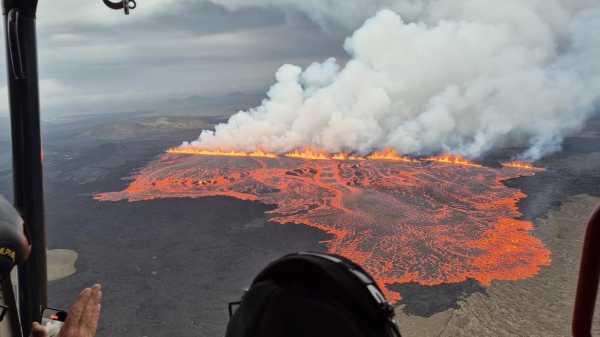
Giant Crack Spews Lava After Seismic Activity in Iceland – Breathtaking Footage
-
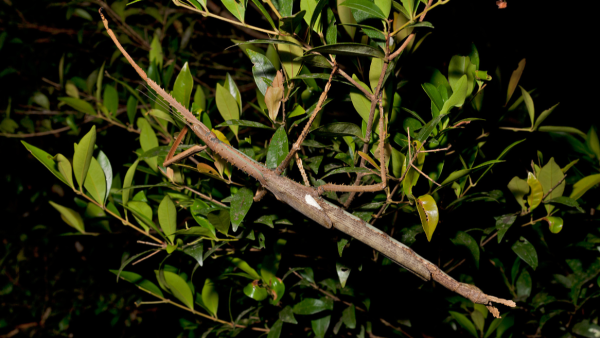
Giant Record-Breaking Insect Discovered in Australia: Possibly Heaviest Ever
Researchers have several hypotheses. One is that mosquitoes simply haven't reached Iceland's shores. The country's island location, with hundreds of miles of ocean around it, creates a natural barrier to insect migration.
However, air transport has the potential to carry mosquitoes. Gisli Már Gislason, a professor of limnology at the University of Iceland, confirmed this after discovering an insect during a flight from Greenland. He noted in an interview with Reykavík Grapevine (2017) that mosquitoes can survive on board planes for hours, even in sub-zero temperatures.
Subscribe to our weekly newsletter

Get exclusive scientific news with the Little Secrets of Life newsletter before anyone else.
Why, despite possible penetration, do mosquitoes not form colonies?
Gislason ruled out a lack of breeding sites: ponds and swamps near airports are ideal for laying eggs. The main reason cited is harsh weather conditions.
The mosquito life cycle includes four phases: egg, larva, pupa, and imago. Adults lay eggs in water, where the larvae and pupae develop before emerging onto land.
Robert Jones, an entomologist at the London School of Hygiene, told Live Science that the larvae need unfrozen water. In Arctic zones, for example, some species survive by hibernating their eggs in frozen water.
“In temperate latitudes, such as Central Europe, mosquitoes overwinter as eggs or larvae in non-freezing bodies of water, or as adults in shelters,” he added.
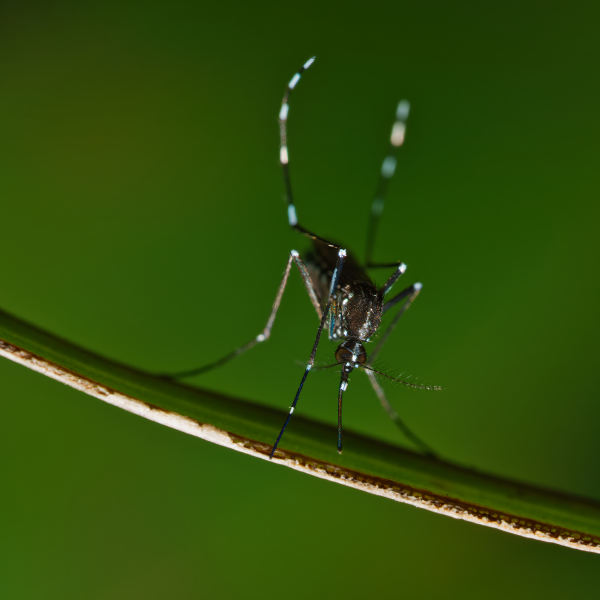
Although global warming may change the situation, disease-carrying mosquitoes (such as Aedes) are unlikely to thrive in Iceland due to its climate.
Iceland's climate — long winters and frequent temperature fluctuations — means bodies of water freeze repeatedly. “These fluctuations destroy the eggs and larvae before they mature,” Jones explained.
Geothermal springs that do not freeze in winter are either too hot or have an unsuitable chemical composition for larval development.
However, climate change could shake Iceland's status. The scientist noted that the extension of warm seasons could create conditions for sustainable populations.
Immo Hansen, a biology professor at New Mexico, confirmed the trend: “Tropical mosquito species are expanding their ranges into the northern United States due to milder winters.”
RELATED MATERIALS
—How do mosquitoes detect people?
—Why do mosquitoes make sounds near your ears?
—Which species are most resistant to climate change?
If mosquitoes colonize Iceland, it will be a repeat of the Hawaiian scenario. Until 1826, the archipelago was devoid of mosquitoes, until they were brought by ships. The favorable climate allowed the insects to spread quickly. Today, they penetrate even high mountain areas that were previously unsuitable for them.
The risk of pathogenic species appearing in Iceland remains minimal. Jones stressed that Aedes require tropical conditions, and modelling predicts that northern Europe will be unsuitable for dengue transmission even by 2080.
Test: What Do You Know About Antarctica? TOPICS Life's Little Secrets

Clarissa Brincat, Live Science contributor
Clarissa Brincat is a science journalist specializing in medical research. With a master's degree in chemistry, she chose a career in science communications. Her work has appeared in Medscape, HealthCentral, and elsewhere, combining accuracy with accessibility.
Before posting a comment, please make sure your display name is correct.
To continue, you must log in again and enter your name.
Exit Read more
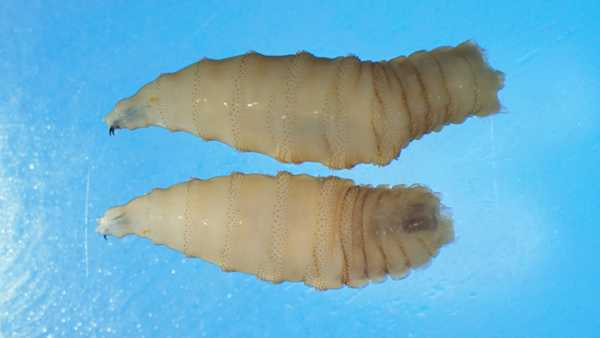
The first New World case of the parasitic blowfly in recent decades has been recorded in the United States.
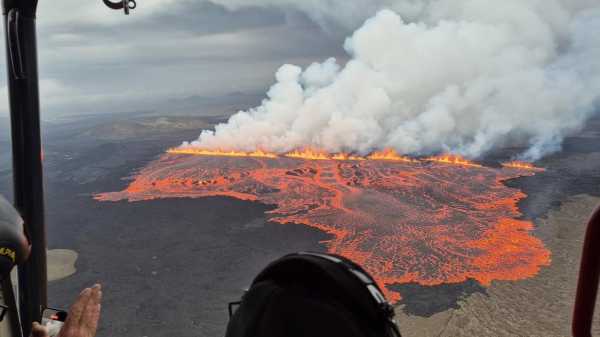
Icelandic tremors cause lava to spurt from rift – stunning footage
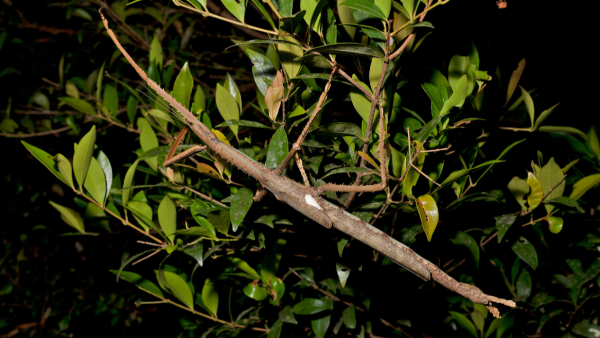
Giant Record-Breaking Insect Discovered in Australia: Possibly Heaviest Ever
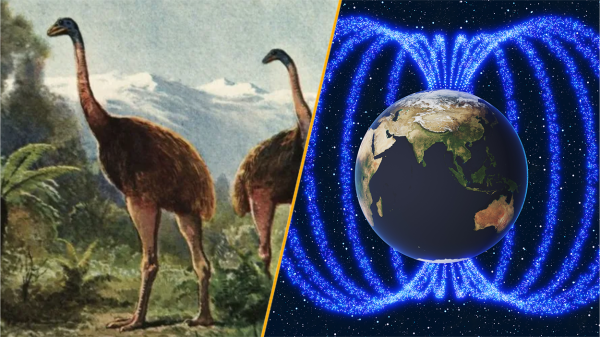
“Revival” of ancient giant birds and the shift of the earth's poles
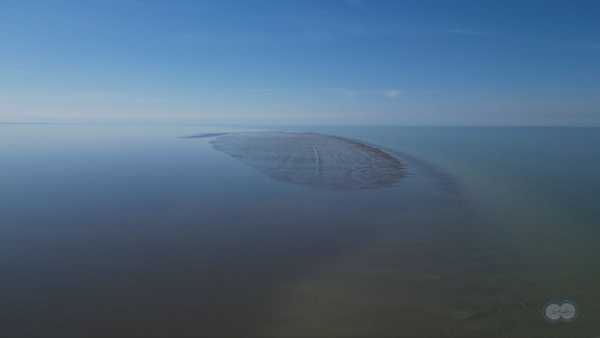
Russian scientists have discovered a new island in the Caspian Sea, the world's largest inland body of water.
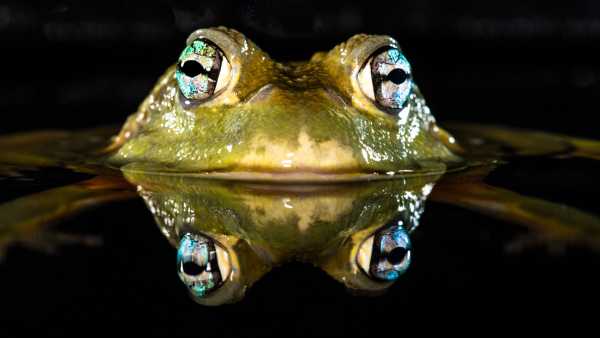
How Do Frogs Absorb Water and Oxygen Through Their Skin? Latest Mosquito News
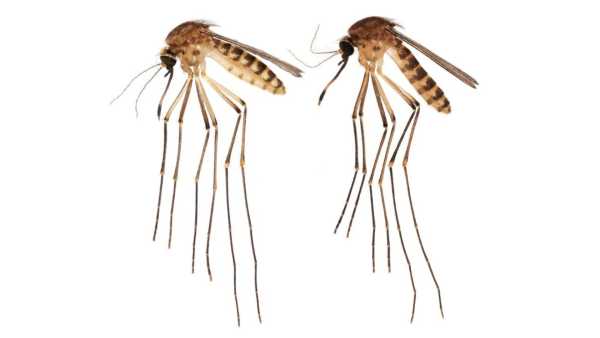
New invasive mosquitoes appear in Florida, raising disease concerns
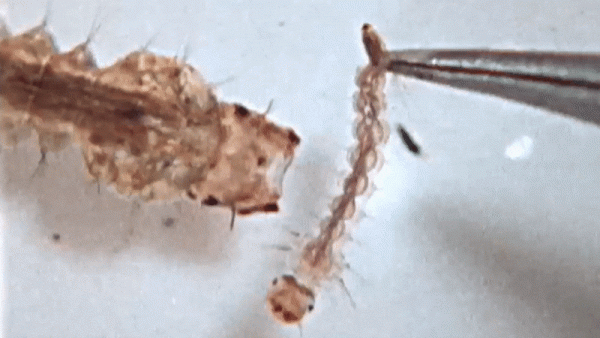
Mosquito larvae shoot out their heads like tiny harpoons to snatch prey, video shows
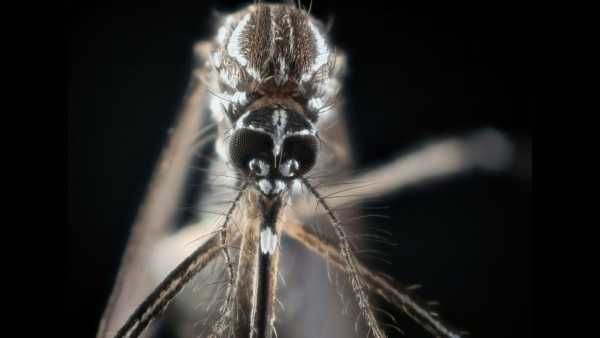
How do mosquitoes track people to bite?
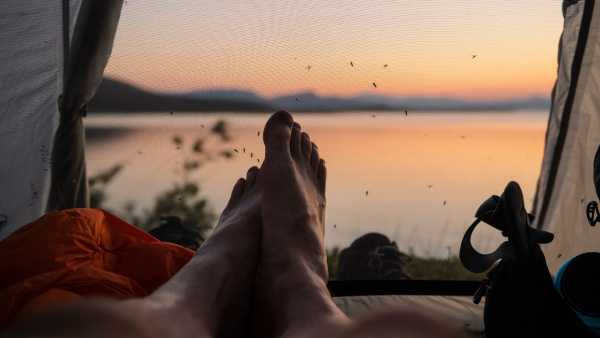
Should we destroy all mosquitoes on Earth?
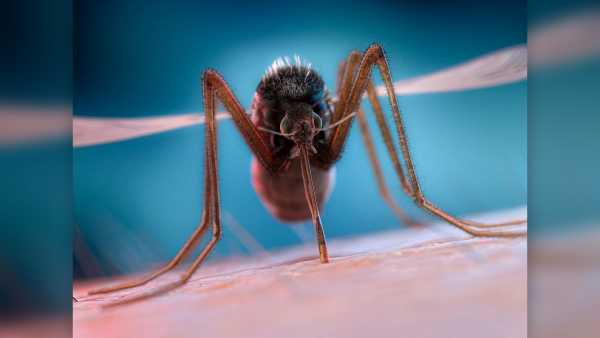
Why do mosquitoes buzz in your ears?
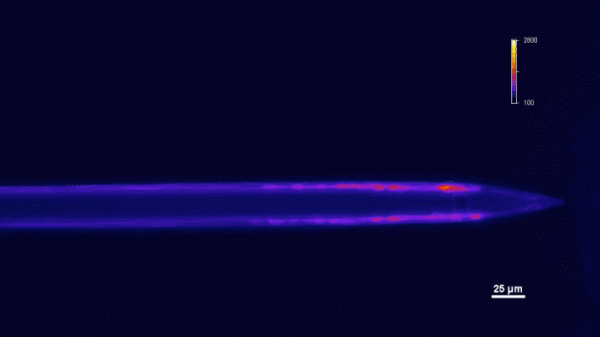
Mosquito's 'tongue' neurons light up like fireworks when they taste human blood. Latest news
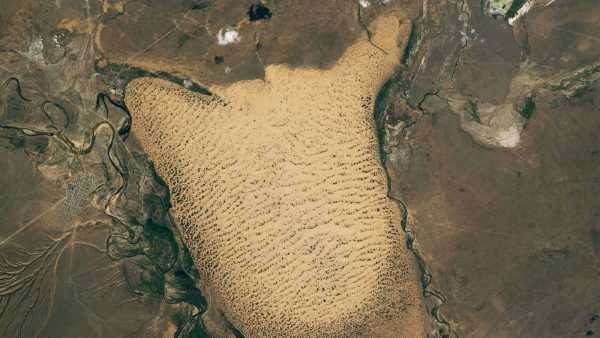
Giant sand 'slug' crawls across floodplains in Kazakhstan, but may soon freeze in place
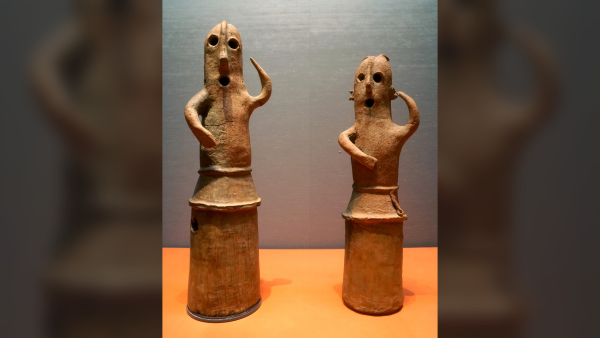
Haniwa dancers: 1,500-year-old ghostly figures believed to house the souls of the dead.
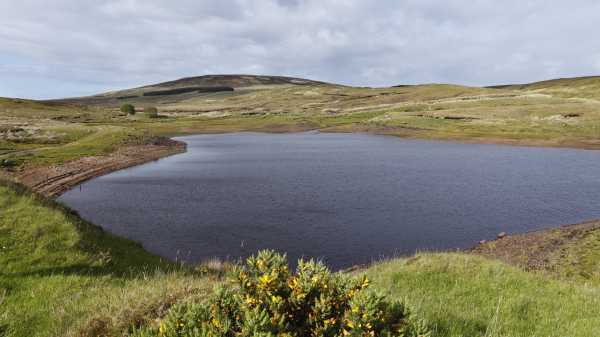
Lugarema: Northern Ireland's 'disappearing lake' that mysteriously dries up and refills within hours
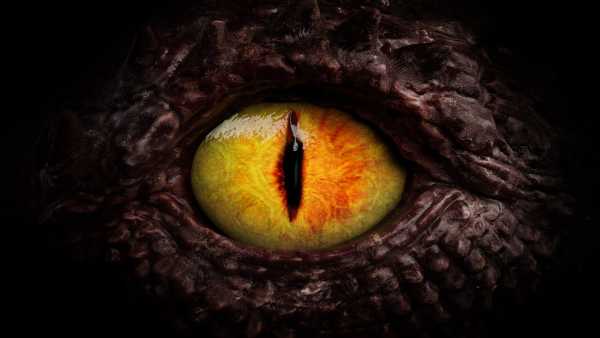
Rare Disease Causes Woman to See People as Dragons

The Solar System's Longest Canyon Reveals New Secrets — Space Photo of the Week
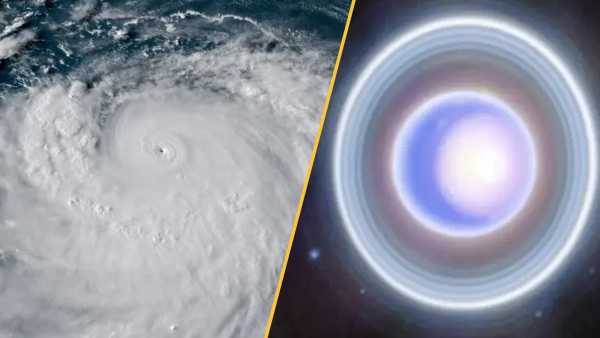
Science News This Week: Storms Rage on Earth and the Sun, and a New Moon Spotted Around Uranus LATEST ARTICLES

1Dozens of mysterious objects discovered inside Mars may be the remains of 'failed planets'.
Live Science is part of Future US Inc., an international media group and leading digital publisher. Visit our corporate website.
- About Us
- Contact Future experts
- Terms and Conditions
- Privacy Policy
- Cookie Policy
- Accessibility Statement
- Advertise with us
- Web Notifications
- Career
- Editorial Standards
- How to present history to us
© Future US, Inc. Full 7th Floor, 130 West 42nd Street, New York, NY 10036.
var dfp_config = { “site_platform”: “vanilla”, “keywords”: “type-llm,van-disable-newsletter,serversidehawk,videoarticle,van-enable-adviser-
Sourse: www.livescience.com



